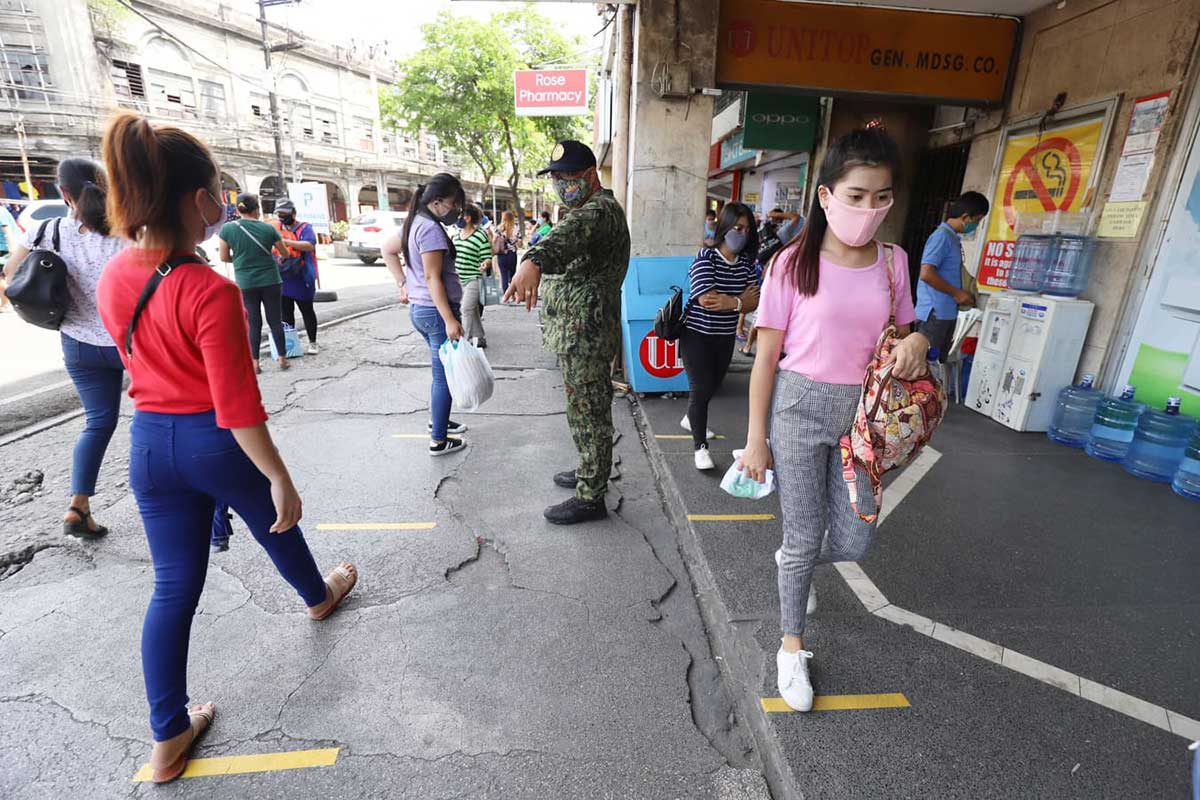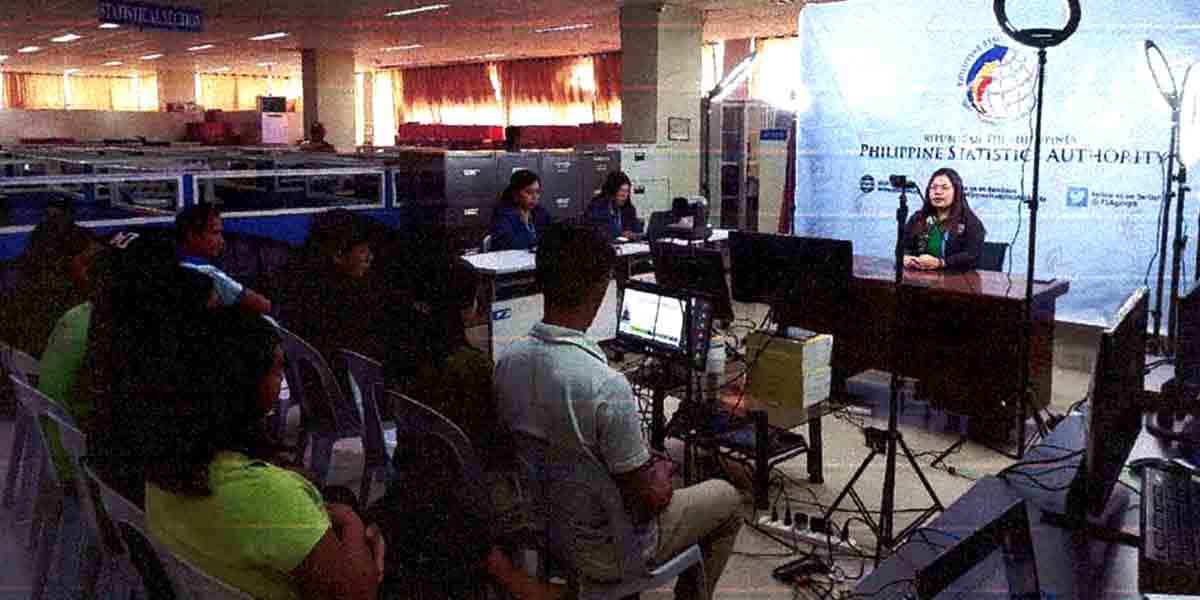
By Joseph B.A. Marzan
Commission on Human Rights (CHR)-6 director Atty. Jonnie Dabuco on Thursday warned that President Rodrigo Duterte’s verbal order to arrest persons who improperly wear face masks might violate their human rights.
In a recorded public address aired Wednesday evening, Duterte ordered the police to arrest anyone who do not wear their masks properly.
The order is in reaction to the surge in coronavirus disease 2019 (COVID-19) cases in several parts of the country, including the National Capital Region.
The President also asserted that “he has to do it”, saying that “nothing would happen” if he becomes lax.
“My orders to the police are, those who are not wearing their mask properly, in order to protect the public, to arrest them. Detain them, investigate them why they’re doing it (sic),” Duterte said in his address.
In a news briefing, Philippine National Police (PNP) Director General Debold Sinas said that penalties for not wearing face masks properly will depend on local ordinances.
Justice Secretary Menardo Guevarra, in a message to the media, said that his office and the interior department had already been ordered by Duterte to come up with the guidelines based on his directive.
Guevarra also told Rappler that the guidelines will only refer to the manner, time and venue of booking, detention, and investigation to avoid overcrowding.
Dabuco told Daily Guardian on Thursday that the President’s order did not have any basis in national laws but clarified that local government units (LGUs) may pass ordinances penalizing non-wearing of masks.
Iloilo province’s Provincial Ordinance No. 2020-225, as amended, mandates the wearing of face mask in all public places, private establishments, other workplaces and while riding any means of public or private transportation.
Second violation of the ordinance will result in a P1,000 fine or 3-day imprisonment, while third and succeeding violations will mean a P2,000 fine or 10-day imprisonment.
In both instances, the ordinance states that the courts may have discretion to mandate both fine and imprisonment penalties.
“As far as the law is concerned, there isn’t any, because if they cite the Bayanihan laws, they do not specify or mandate arrest or detention. There are fines, but not imprisonment. The primary reason is that this is a health issue, and it should not be used to deprive persons of their civil and political rights. That would be a big problem for arresting officers to arrest or detain without any valid ground,” Dabuco said in a phone interview.
The CHR-6 chief said that without legal bases, the arrests and detentions made under Duterte’s directive may violate human rights.
Section 5 of Rule 113 of the Rules on Criminal Procedure issued by the Supreme Court provide for instances where arrests may be made without warrant, such as being caught in the act, hot pursuit, and escape from detention.
Article 125 of the Revised Penal Code provides penalties for public officers or employees for delays in the delivery of detained persons to proper judicial authorities, depending on the type of penalty of the crime: 12 hours for those with light penalties, 18 hours for those with correctional penalties, and 36 hours for those with afflictive or capital penalties, or their equivalent.
“The main point there is that the actions of the government is provided by the law and not because of one official. So even if the order came from the president, the order must also be based on the law. If one arrests or detains without legal basis, that would be an illegal order, despite a directive from the president,” Dabuco said.
He also clarified that the CHR’s stand is to support the strict enforcement of minimum health protocols, citing the COVID-19 emergency, but added that these “must not be harsh penalties”.
“Our stand is that detention is a harsh [penalty]. If we want intensive compliance, the commission’s stance is that it should not be based on fear, but based on understanding, based on education, and based on proper information. If the person understands and they accept the risks, we view that as being more effective for compliance to health protocols. We want to stress that we are not against strict implementation of health protocols, but what we want to point out is that the penalty should not be commensurate to the intended benefit. If we impose imprisonment, and the detention facilities are overcrowded, then they would be further exposed to danger,” he said.
Dabuco also said, that as of this writing, the CHR-6 has not received any official complaints on human rights violations relating to arrests or detentions for violation of minimum public health standards relating to COVID-19.


















